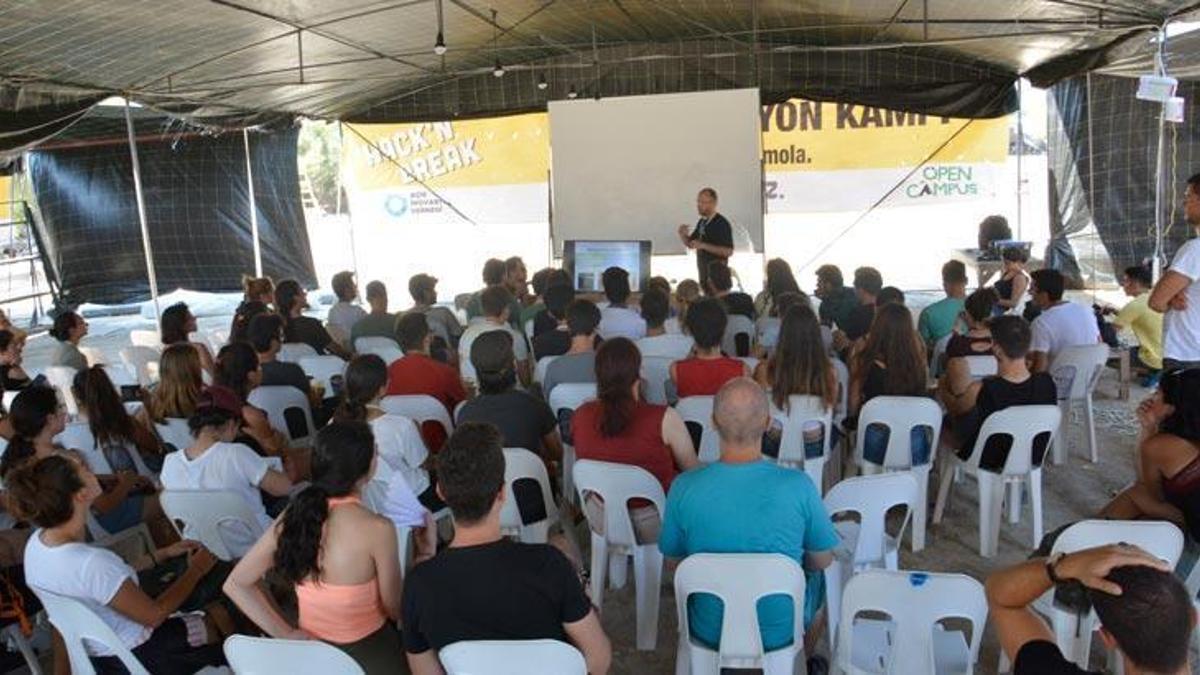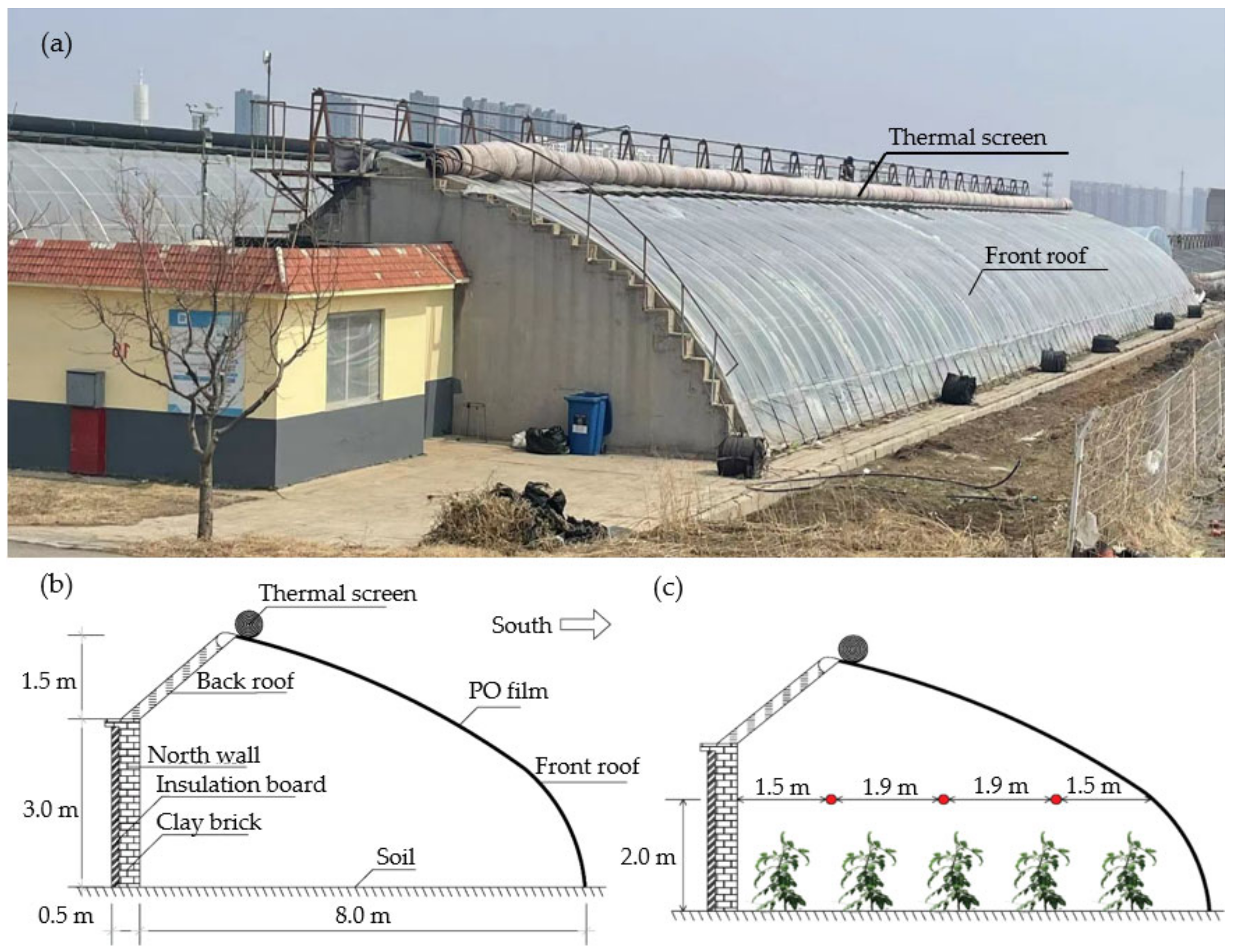$115.51 crowdfunded from 108 people
$703.37 received from matching pools
Our main goal is to protect natural areas that are under threat from urban development. We want to turn these places into vibrant, productive, and research-focused spaces with the help of our community.
Our Approach:
Our approach as an urban periphery project, is embracing a new paradigm. Our strategy spans across vast permaculture practices, bridging the gap between the human scale and industrial dimensions. This unique strategy integrates bioeconomy, agroecology, recycling, clean energy, and the sustainable production of reliable food within a meticulously crafted system that places both the environment and humanity at its core.

Meeting Regenerations at OpenCampus:
OpenCampus locations are not just spaces; they are vibrant hubs of research and development, but also places for living and production. Our dedicated researchers are tirelessly working to create restorative economies, innovative products, and services. It's important to note that we are deliberately selective, ensuring that our research steers clear of funding sources linked to carbon and dirty energy-based companies. We also avoid affiliations with food and raw material producers that jeopardize both human well-being and the natural world.
During the summer months, our facilities undergo a magical transformation into open centers for education, experiential learning, and hands-on exploration. This transformation offers a unique opportunity for those who are passionate about conducting research into topics closely linked to climate awareness and restoration.

This is the place where the next generation of leaders can align with our mission, dive deep into the realm of regeneration, and join hands in the grand endeavor of restoring our world. OpenCampus is more than a place; it's where you'll discover your role in our extraordinary journey.
Scale: The Foundation of Transformation:
In the context of OpenCampusDAO, the concept of scale represents a space where approximately 30 dedicated researchers live and work full-time. It's a self-sustaining and resilient scale designed to remain within limits. It's bigger than the human scale yet smaller than the industrial scale. This is an efficient, cost-effective, regenerative, creative, and inspiring scale that enhances community bonds. It's a scale that transforms not only itself but also the community it embraces.
Think of it as a tiny seed that, when planted, grows into a magnificent tree, seeding new growth around it.
OpenCampus Locations:
Currently, OpenCampus proudly stands on the Turkish coast in Izmir/Urla, nestled within the breathtaking Aegean-Mediterranean region. Our grand vision extends to 2030 when we aspire to expand to some of the world's most challenging regions. This includes areas within the Mediterranean climate zone, stretching between San Francisco and Okinawa Island. These regions are grappling with urbanization pressures, population surges, climate challenges, and rising living costs. Our mission is to lead the transformation in these very regions.
We aim to be present wherever there are communities bonded by mutual support and knowledge exchange. We employ scientific methods to drive their progress and development.
Collective Efforts at OpenCampus:
At the heart of the OpenCampus community are collective efforts that focus on nurturing seedlings, saplings, and food production. These collective endeavors span everything from the initial stages of planting, be it through seeds, cuttings, or tissue culture, to the final stages of tending to the produce. Furthermore, common efforts involve meticulous planning of diverse production processes, task assignments, and collaborative engagement, all driven by volunteerism.
These collective efforts span the entire agricultural cycle, including care, irrigation, harvesting, packaging, and delivering products to consumers. These tasks are fundamental and require a strong sense of community as they are carried out through collaboration and mutual support in a sustainable manner.
Who Are We?:
We are ScienceCoop, a cooperative born at OpenCampus seven years ago. Over the past two years, we've evolved into a DAO. Our dedicated core team of 15 individuals boasts diverse expertise, including product designers, industrial designers, system designers, data scientists, food engineers, environmental engineers, software developers, architects, and biologists. Our network extends to hundreds of expert mentors and volunteers who passionately support our mission. We hold deep, steadfast relationships with local communities, institutions, and organizations.
We've united thousands of professionals in the fields of science, technology, and design through events like Hacknbreak. We were among the first to provide a platform for blockchain communities to converge five years ago.
Our Journey:
Our journey has been marked by trials, including earthquakes in 2020 and 2023, a severe economic crisis, a pandemic, and a recent fire that ravaged 80% of OpenCampus's 25,000 square meters of land. These adversities have prompted us to reimagine and revamp OpenCampus, focusing on a model anchored in community strength, sustainability, and scalability.

The micro-grants we received from #GR15 and #GR16 Alpha, although modest in size, carries immense importance for us. With this support, we've cultivated over 2,500 saplings in a 16-square-meter greenhouse, including olives, figs, grapes, lemons, oranges, mandarins, and kumquats. We've nurtured more than 10.000 seedlings, spanning around 100 diverse species like tomatoes, peppers, beans, kale, and more. Furthermore, we've acquired various tools for composting and restored aging equipment.
#GG19 Funding: What Will We Do?:
With the #GG19 funding, we're poised to create transformative change. Our vision includes designing shared living and production spaces crafted from sustainable and recyclable materials. These spaces harness the gifts of nature, such as rainwater and heat pumps.


Our next milestone involves sourcing the necessary materials for the prototype of our 300 m2 greenhouse. This includes wood, polycarbonate panels, connecting elements, sensors, screws, connection accessories, and containers for cultivating seedlings and saplings.
Additionally, we will procure and implement materials related to a 40 KWH solar panel and energy storage infrastructure.
To deepen community involvement in production and management, track contributions, document the entire process, and transparently share information, we're establishing a blockchain-based infrastructure.
Moreover, we will integrate Hipercerts certificates to document the contributions and impacts of OpenCampusDAO members and our collective endeavors.

Furthermore, we're committed to acquiring licenses for broadcasting tools, enhancing our community's online broadcasts on platforms that facilitate the sharing of collective knowledge and experiences.
Our ambitious aim for 2024 is to attain a production capacity of 1,000,000 seedlings and saplings through the combined efforts of 30 devoted OpenCampus residents.
These seedlings will play a pivotal role in our reforestation initiatives, targeting shared spaces that significantly impact the economy, society, and environment of regions grappling with socio-economic and ecological challenges. Our objective is to establish fruit orchards, industrial tree plantations, and similar ventures that champion biodiversity, support pollinators, and uplift regions marked by disadvantaged socio-economic and ecological conditions.
Sources of Inspiration
Our project draws inspiration from various experiences, models, and approaches in science, technology, enlightenment, and social development.
The virtues of Aegean and Mediterranean cultures and civilizations, Socratic Schools, the Stoics, Encyclopédistes, and Enlightenment thinkers, such as the Lunar Society of Birmingham, and more,
The establishment of modern Turkey and the philosophy of progress and development;
Abraham Flexner's IAS (Institute for Advanced Study) and his article 'The Usefulness of Useless Knowledge',
Stanford D'School, MIT The Academy for Systems Change, CalTech, Xerox Innovation Lab, Linux and Free Software Movement, Hacker Communities, Mondragon Cooperative and its Universities, The Slow Science Movement,
Elinor Ostrom, Donella H. Meadows, Paulo Freire, Ivan Illich, Kropotkin, Satoshi, Assange, Aaron Swartz, Chinampa, and Cuba Farming, Hakim Bey's (T.A.Z) Temporary Autonomous Zones, DAOs.
We are more or less inspired by these names and movements.
[OpenCampusDAO Web] (https://opencampusdao.org/)
OpenCampusDAO: Decentralized-CosmoLocal, Regenerative LivingLabs and Scientific Production Spaces History
-
accepted into Climate Solutions Round 1 year ago. 108 people contributed $116 to the project, and $703 of match funding was provided.
